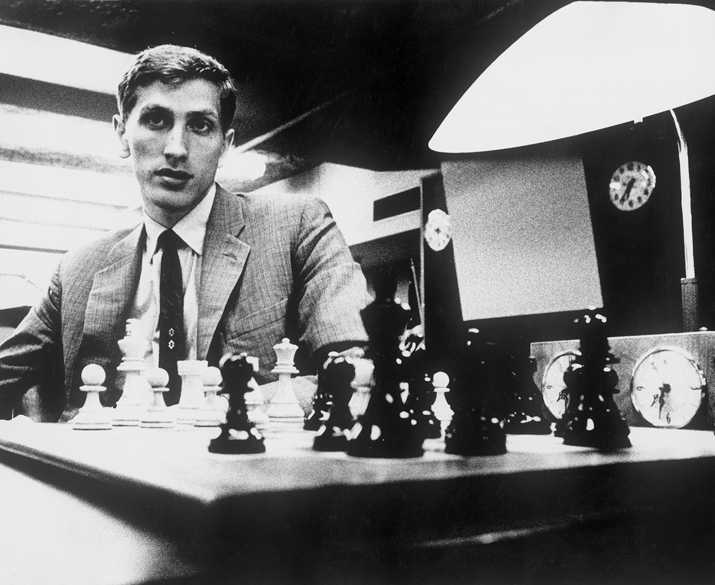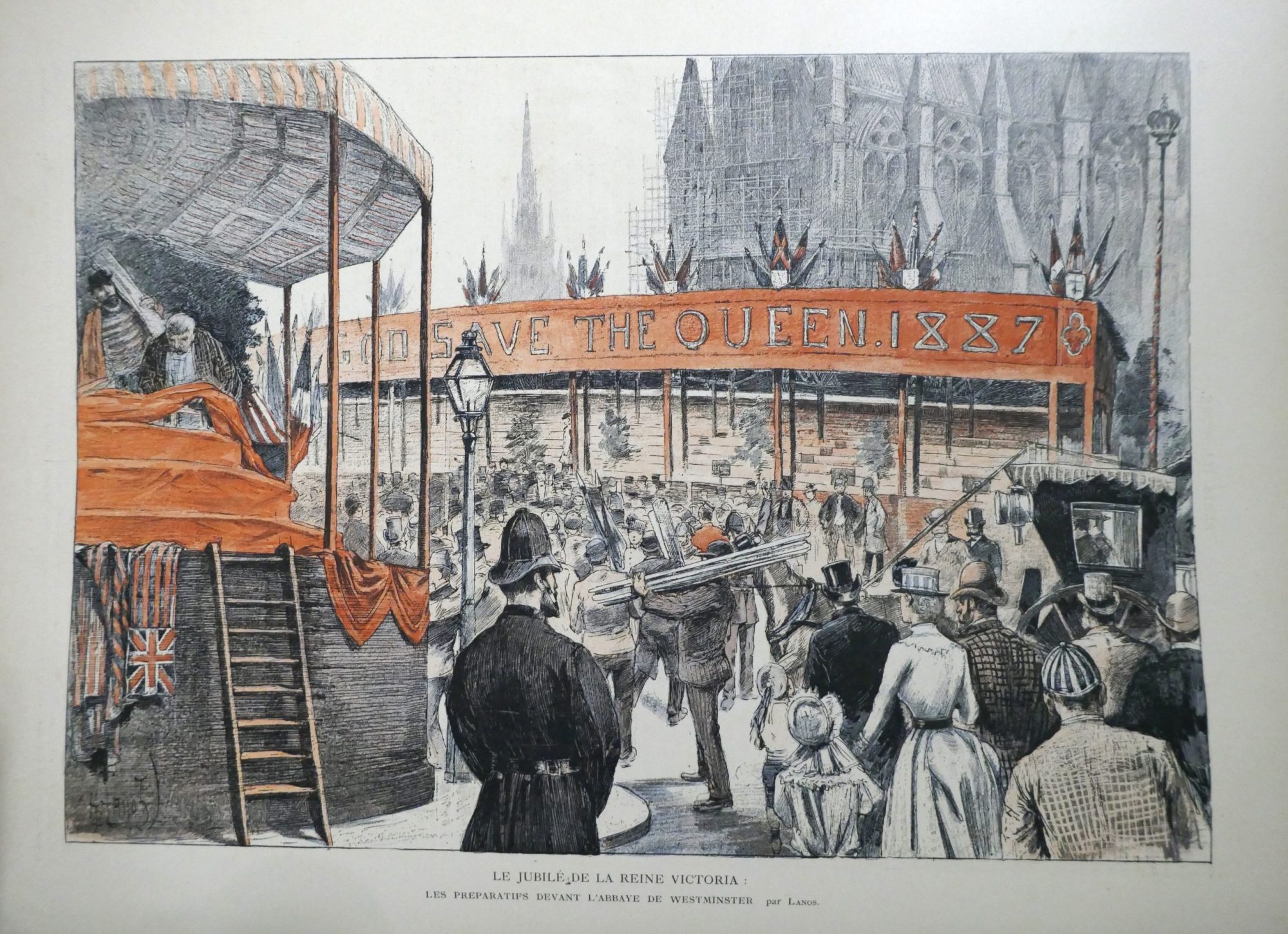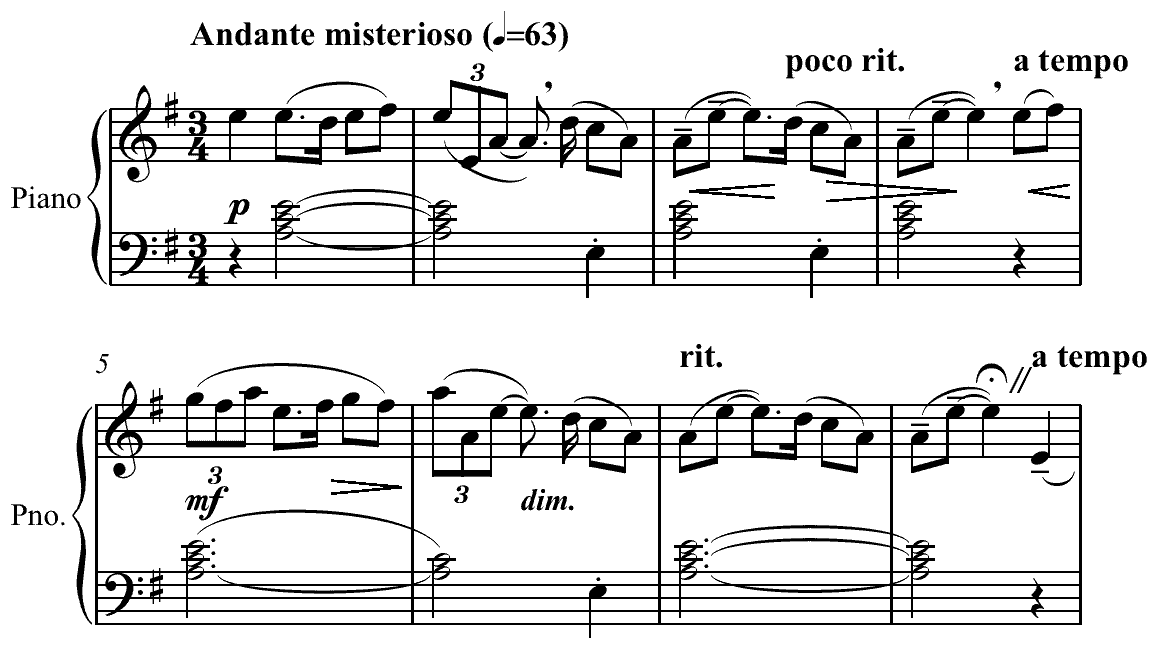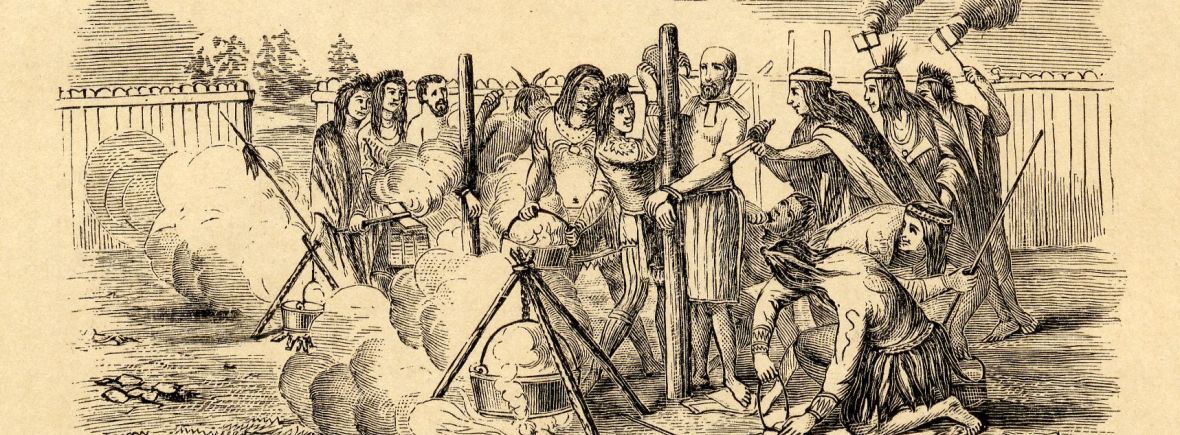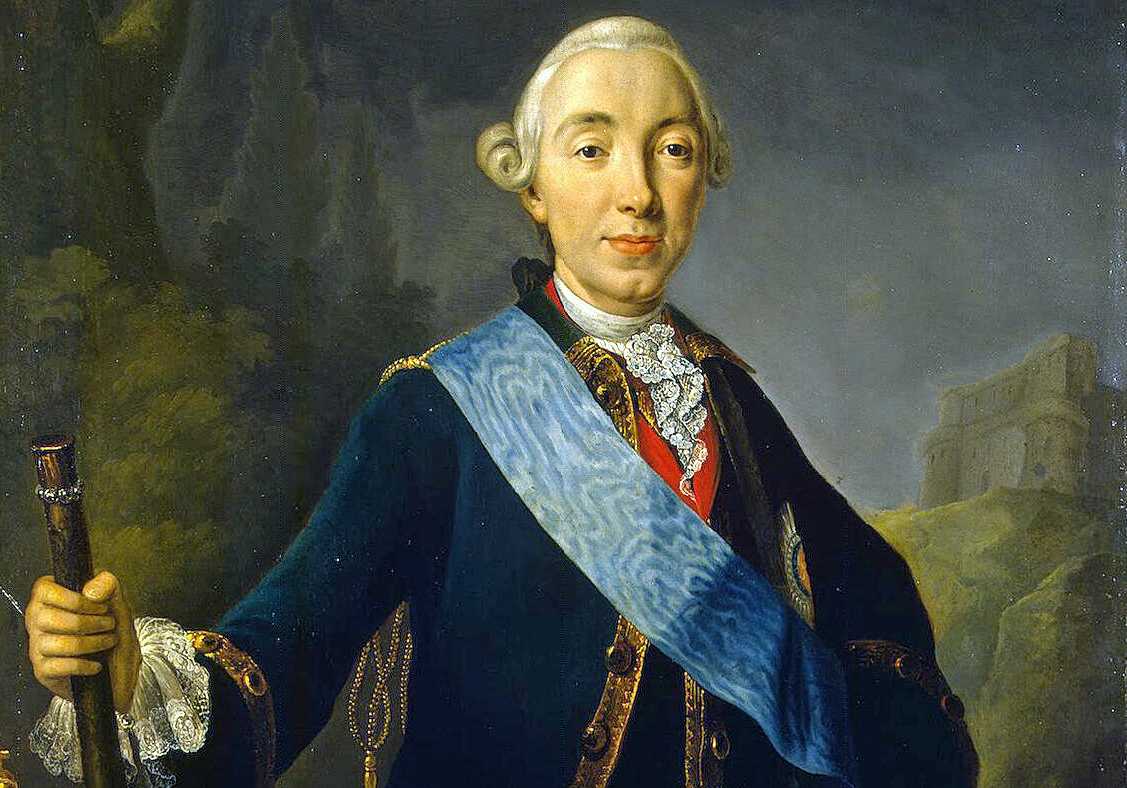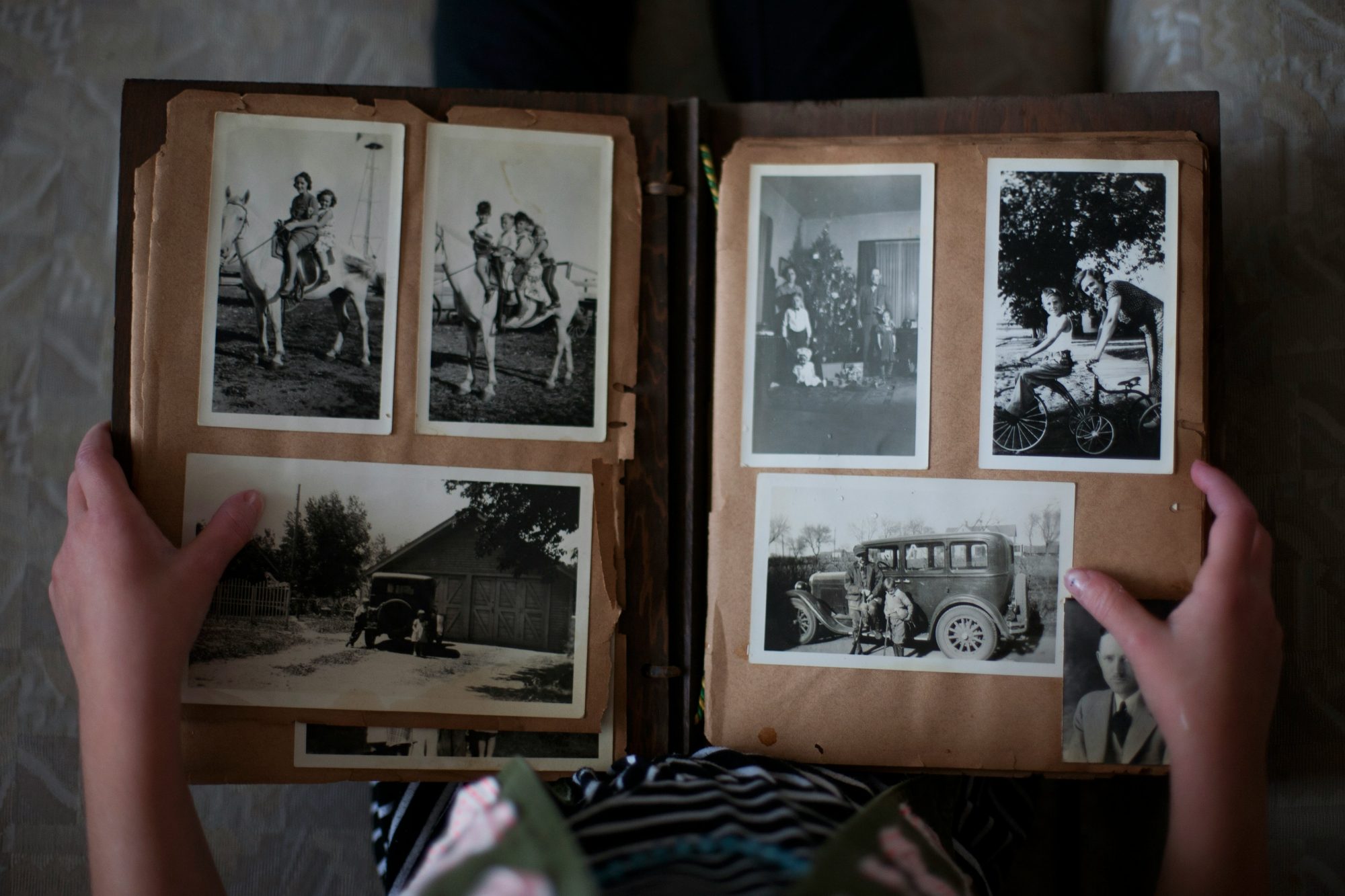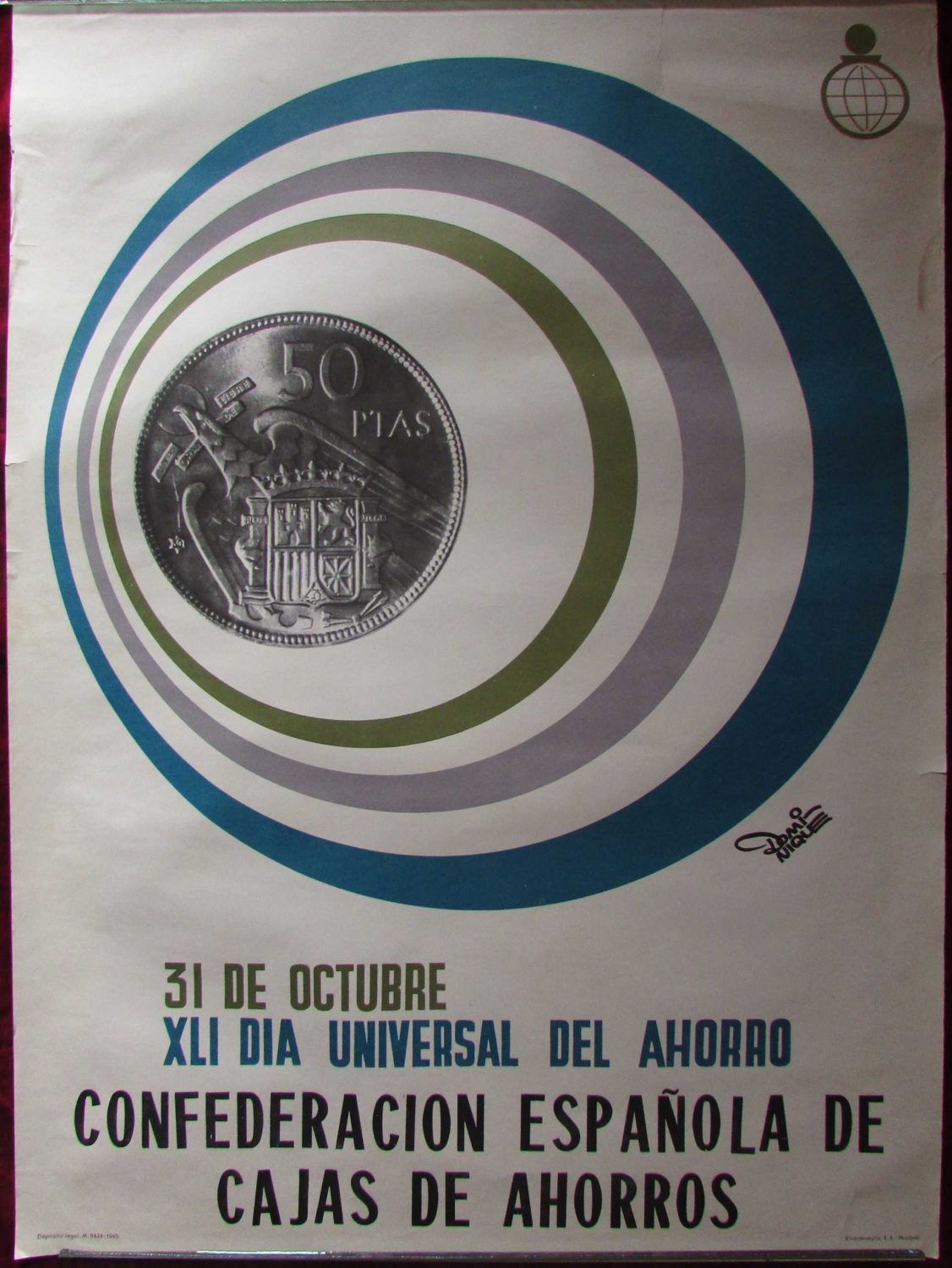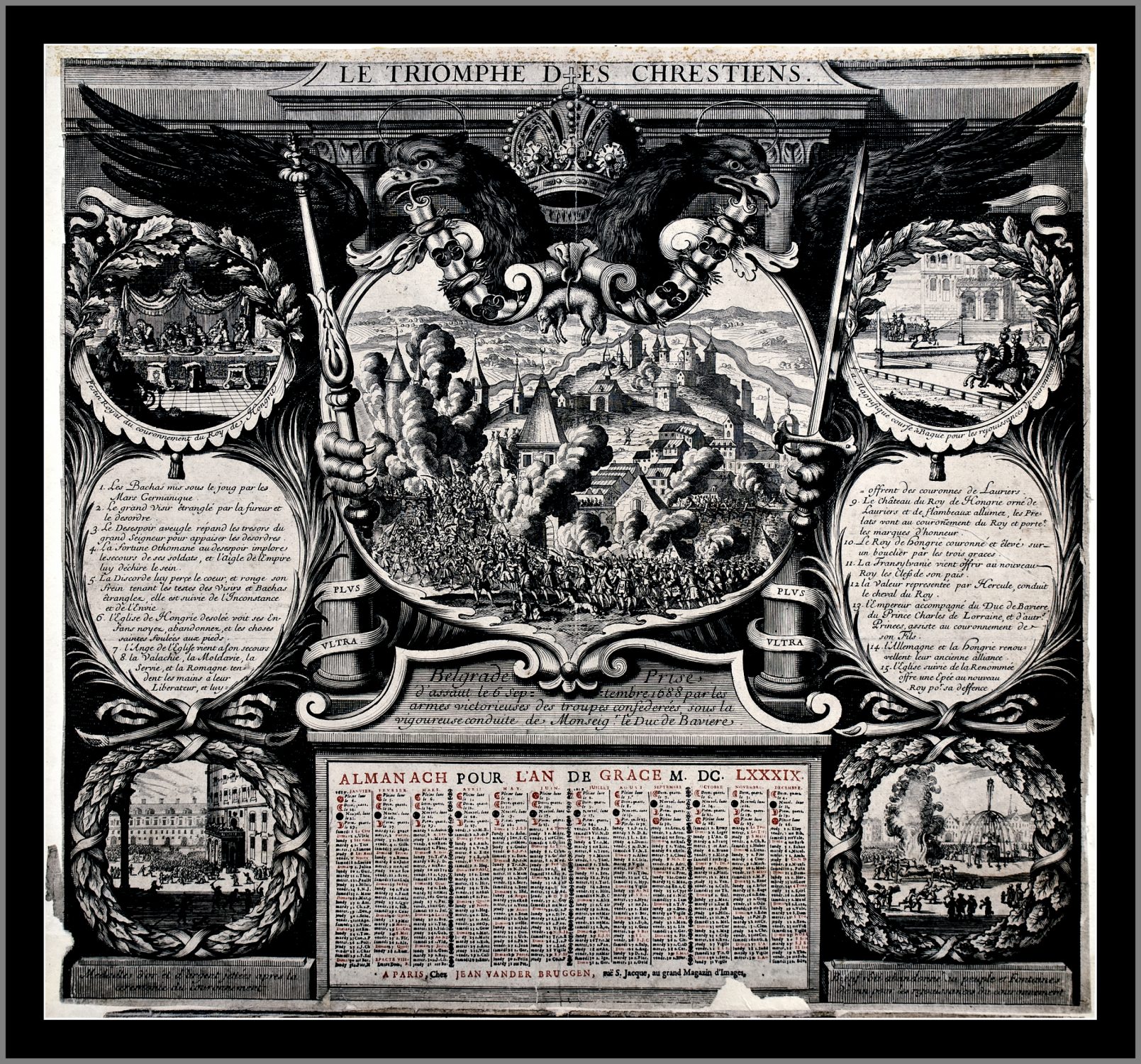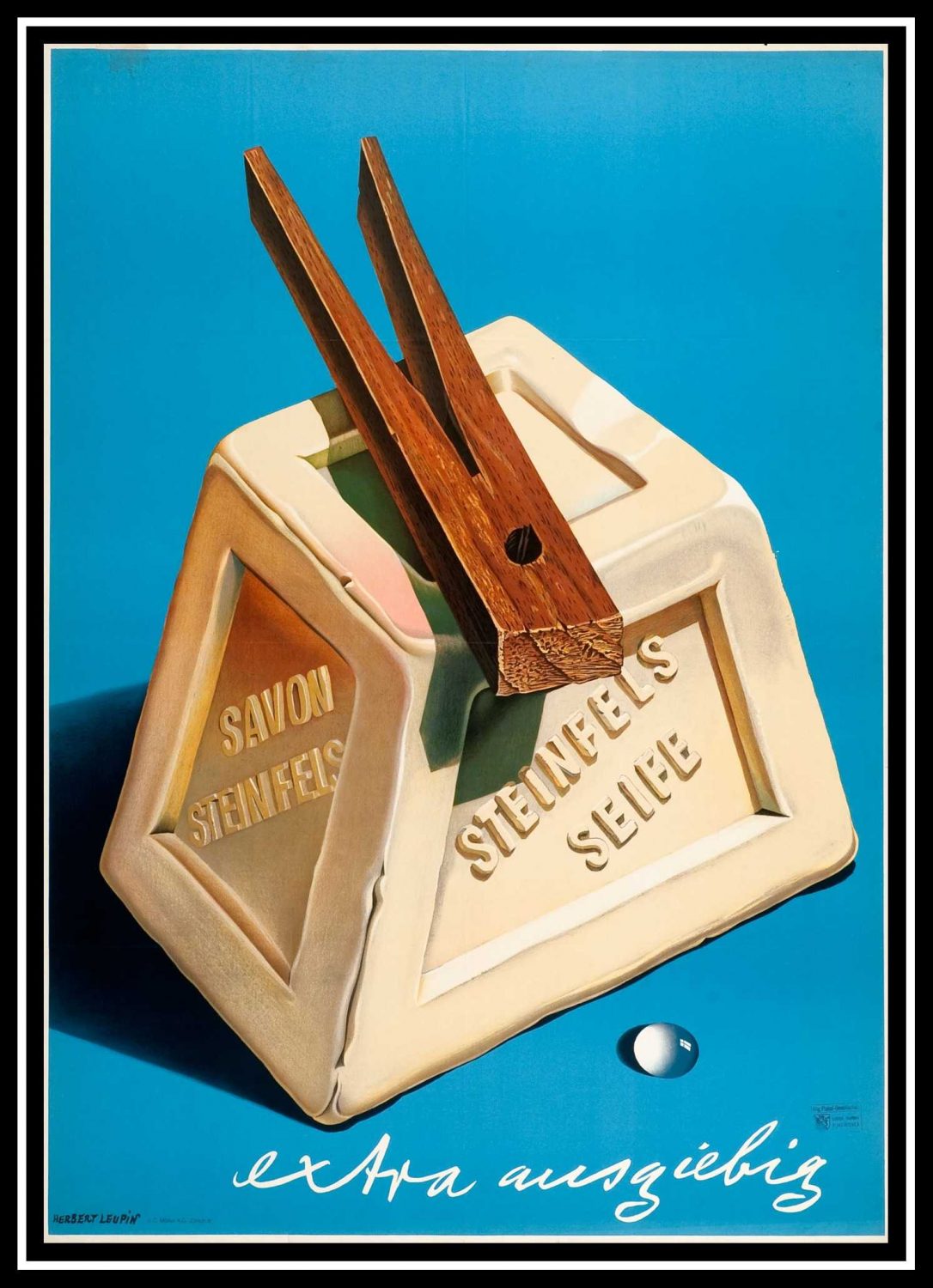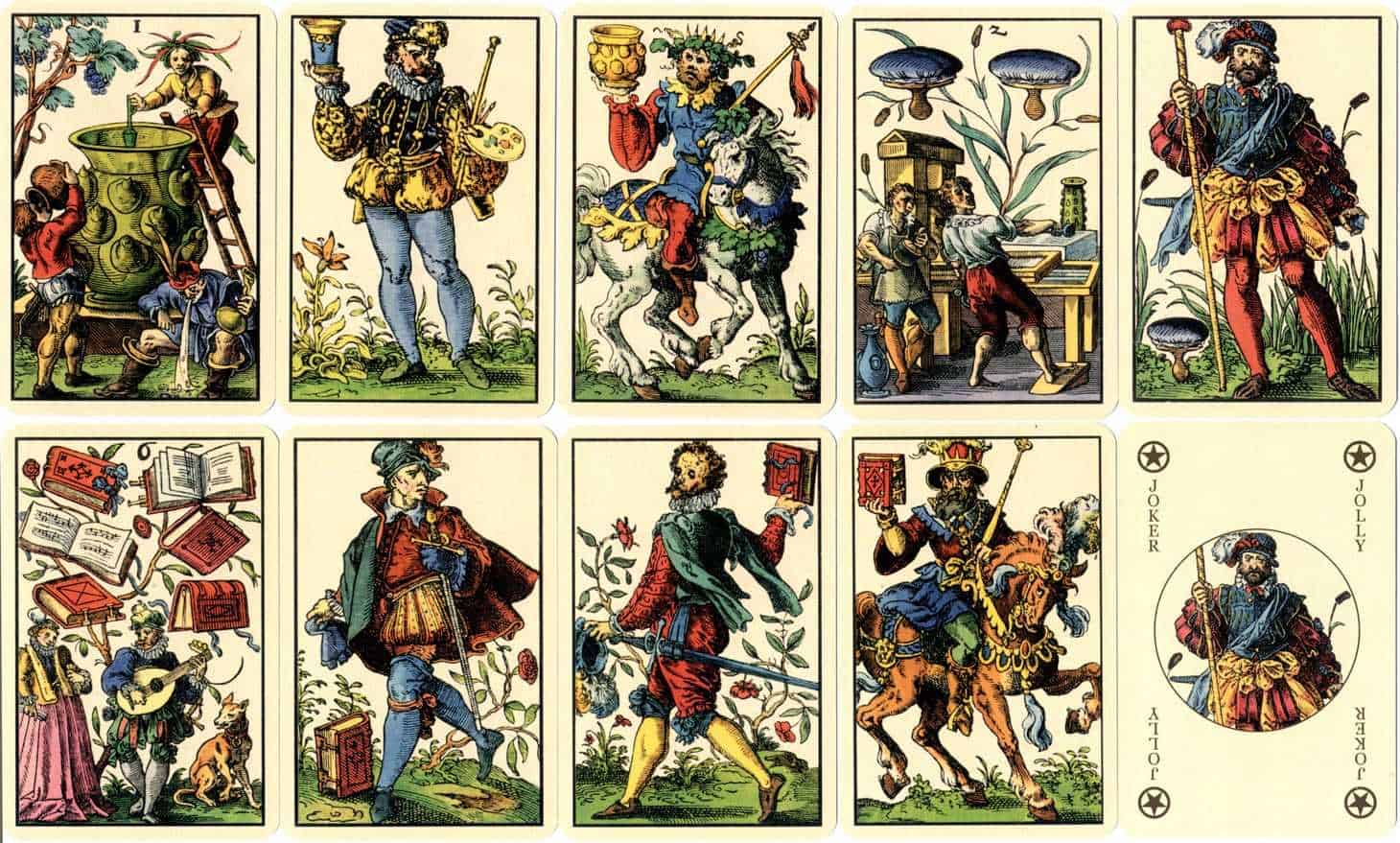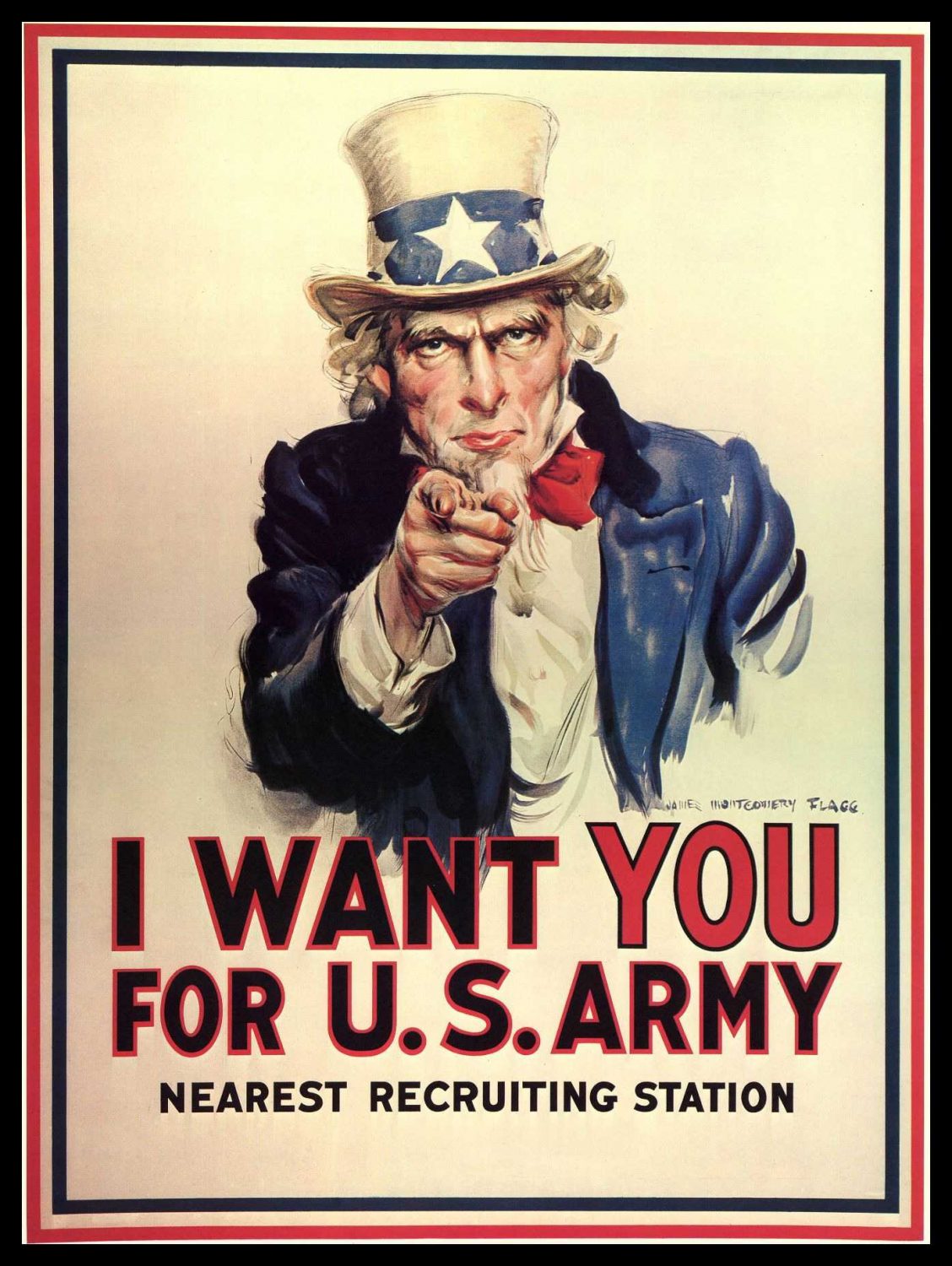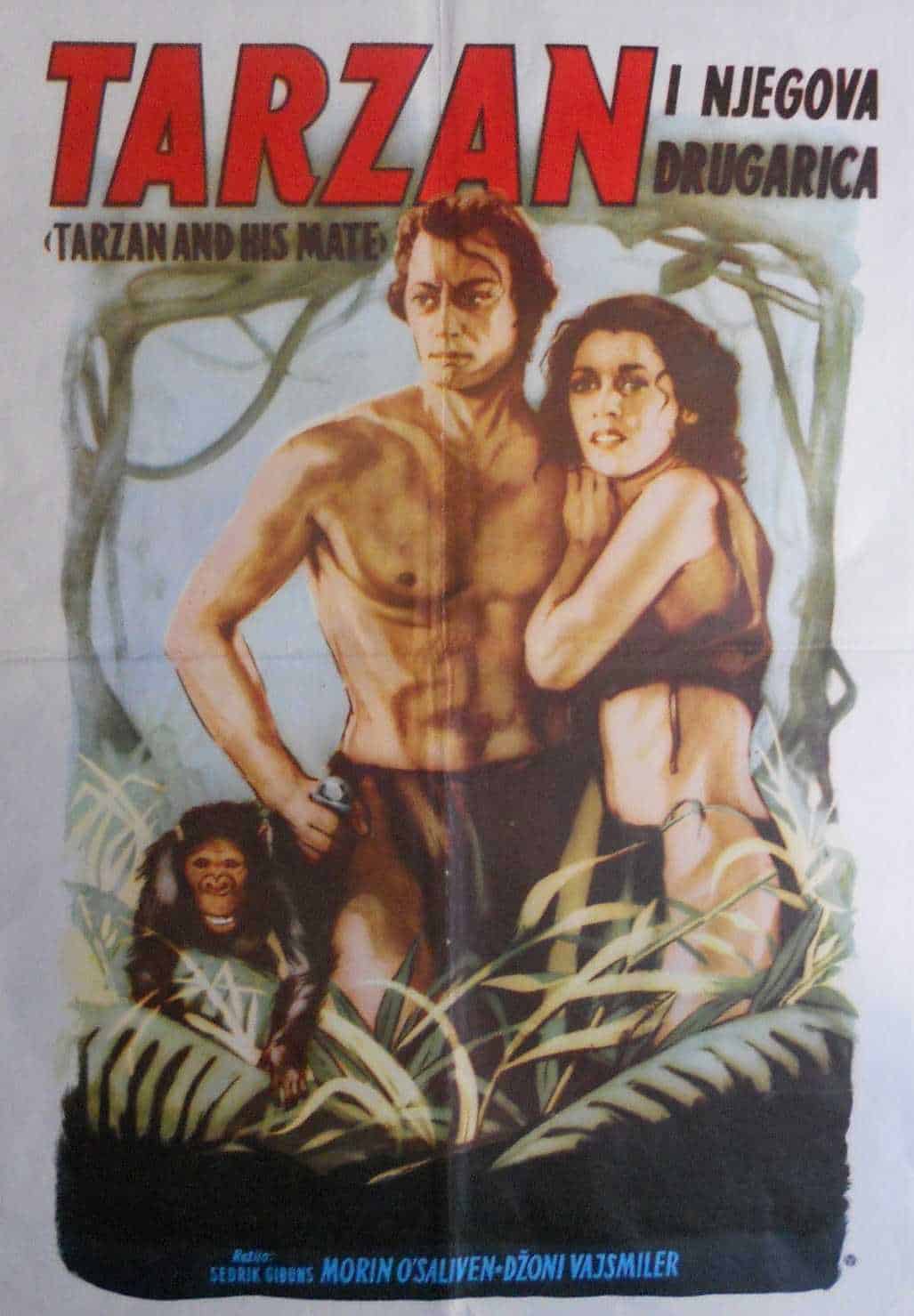Bobby Fischer: The Man-Machine
This is the story of the most controversial chess player of all time, Robert James Fischer. Bobby started playing chess when he was just 6 years old.
Regina Wender Fischer immigrated to the US with her daughter, Joan Fischer. It was just a few months before the Second World War began. A few years later, she settled in the new world. Soon after, she became pregnant and gave birth to Robert James Fischer in Chicago. His father was Paul Nemenyi, the famous Hungarian-Jewish physicist. Unfortunately, the two didn’t spend much time together. The US immigration services denied him access to the US due to his “communist sympathies”.
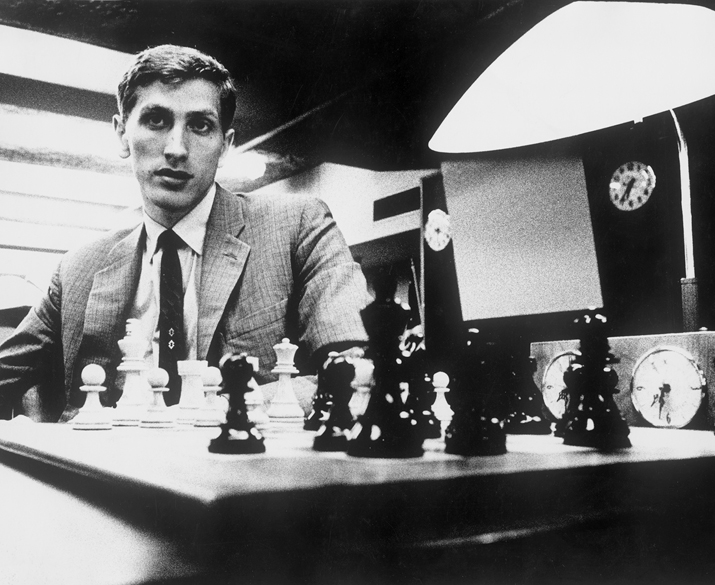
The Legend Was Born
When Bobby was six, he found a book about chess in the family’s vacation spot on Long Island. He spent a lot of time alone with the chessboard, which made his mother quite concerned. Regina tried to post an ad in the local newspaper to try to find children willing to play chess with him. However, the journalists rejected the ad because they couldn’t find an appropriate category to post it in. At the age of seven, Bobby met his first instructor, Carmine Nigro. Even though their relationship lasted for only 5 years, Nigro played a decisive role in Bobby’s decision to pursue a career in chess.
Rush to Mastery
After his instructor’s departure in 1956, Bobby became close with John W Collins who became his mentor and lifelong friend. In one year’s time, Fischer broke his first record by winning the U.S. Junior Chess Championship at the age of thirteen. So, he became the youngest junior champion in the history of the US Chess Federation. After winning the prize and a few tournaments, he got invited to play the 1957-1958 US Championship, despite being too young to play. He excelled in his play and won the championship before his fifteenth birthday. He then became the International Master of Chess.
Shortly after gaining the title of International Master, Fischer got invited to the Soviet Union. Upon arrival, he has negated the privilege of playing the official games with Soviet grandmasters. The main reasons were his age and not being a grandmaster. The impatient young master didn’t take the information well, lost his temper, and said that he was “fed up with these Russian pigs”. This angered the Soviets who then “forwarded” Fischer to Yugoslavian chess authorities that took him in as a guest.
The Eccentricity
As you might have guessed, Fischer was not an ordinary chess player. He dropped out of school at the age of sixteen and started learning languages just so he could be able to read more chess-related literature. Bobby’s eccentricity led him towards losing his title. He was scheduled to defend his title against Karpov but he compiled an extremely unusual list of terms that the world chess federation didn’t find agreeable. After seeing his terms being rejected, Fischer resigned his World Chess Championship title in 1974.
Bobby was also known for his radically anti-Semitic views despite him being of Jewish origins. He even accused the Encyclopedia Judaica of using his name to promote Judaism. However, he kept his remarks to himself and was on good terms with other Jewish players. But, he had trouble respecting authorities. This led to drastic consequences, one of which was violating the US embargo on Yugoslavia in 1992. That year Fischer came to Belgrade to play with Spassky.
The Controversy
Even though US officials warned him, he disobeyed the order and made it to the “Revenge Match of the 20th Century”. This particular transgression got him incarcerated in Japan in 2004 when the US revoked his passport. Bobby resisted the arrest and got beaten by Japanese police officers in the process. The trauma of being assaulted and incarcerated left a great impact on him. Bobby wanted to revoke his citizenship a long time before this incident took place, due to his hatred for the US. He even applied for German and Japanese citizenship. In the end, he was granted Icelandic citizenship in 2005 for humanitarian reasons.
When the Game is Not Enough
Feeling that the game was, in a way, too predetermined by the openings, Bobby decided to change the rules of the game. The game was called Fischer Random Chess or Chess960. In this variety of chess, the pawns retained their original position while the rest of the figures were put randomly in their respective rows. The number in the name ‘’960’’ is the actual number of possible starting positions. Some chess clubs still play the Fischer Random chess.
Works and Legacy
The “Fischer clock”, as you might have guessed, is a patent made by Bobby. The difference between a normal chess clock and the Fischer clock is that the latter gives additional time to the players after each move. After his historic rematch with Spassky in 1992, the invention soon became widely accepted and implemented in international tournaments.
Bobby started writing at the age of sixteen when he published his first work: ‘’Bobby Fischer’s Game of Chess”. Other publications followed: “A Bust to the King’s Gambit”, “The Russians Have Fixed World Chess”, “The Ten Greatest Masters in History”, “My 60 Memorable Games “, “I Was Tortured in the Pasadena Jailhouse!” and “Bobby Fischer Teaches Chess”. I will not write about the Grandmaster’s contribution to chess theory as there are too many of them to list.
By Marko Milovanović

